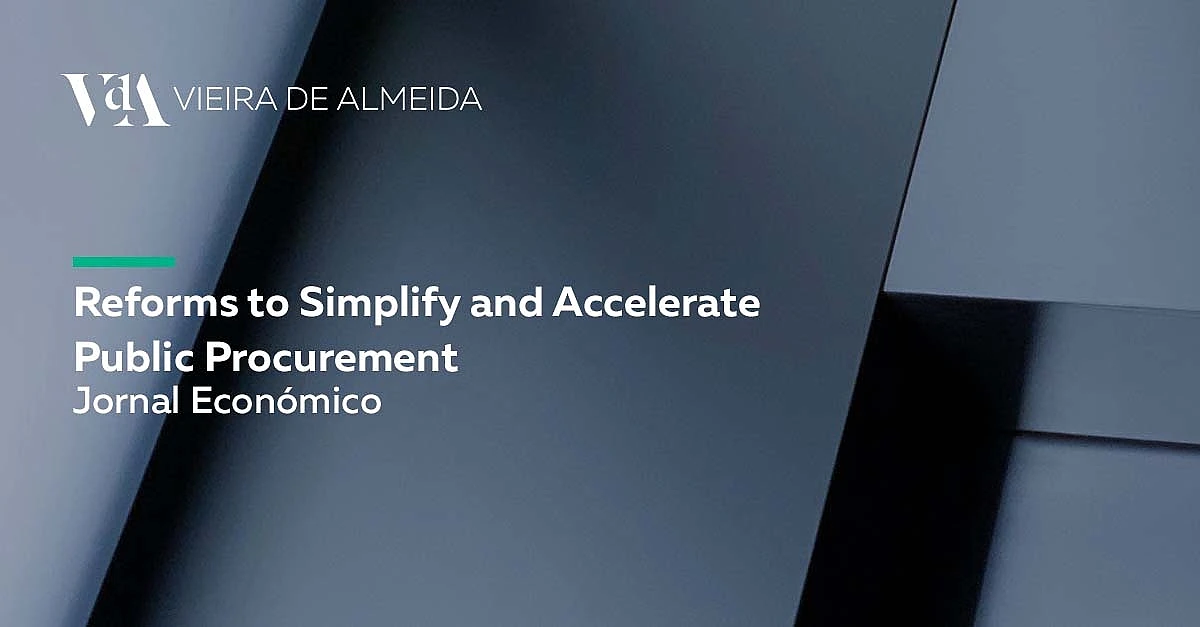André Gaspar Martins highlights the relevance of the proposals presented in the debate on amendments to the Public Contracts Code (CCP) and the Code of Administrative Procedure (CPA). His contributions, recently cited in the press, emphasise the importance of operational measures capable of generating immediate efficiency gains without the need for complex structural reforms.
In the field of public procurement, André Gaspar Martins argues for a rigorous definition of the requirements imposed on bidders, reinforcing the need to eliminate redundant requests that merely add complexity to procedures. “The CCP must clearly set out what can be requested: only elements that are relevant for evaluation and award. Everything else only serves to complicate the procedure,” he states, drawing attention to how often documents or methodological descriptions with no impact on the final decision are required.
He also highlights the potential of dynamic purchasing systems, instruments already provided for in legislation but still underused. “We already have tools that can significantly speed up the procurement of everyday goods and simple works contracts. All that is missing is clearer regulation to ensure they operate effectively,” he notes, adding that such a measure would allow for an immediate reduction in timelines and greater predictability in processes.
Within the CPA, André Gaspar Martins identifies three priority areas: limiting special regimes that extend deadlines beyond the sixty working days established by the code; strengthening the consequences of missing those deadlines through the wider use of tacit approval; and making the full digitalisation of procedures mandatory. “The full digitalisation of procedures must cease to be merely preferable and become compulsory, supported by a clear framework for the use of artificial intelligence in administrative processing,” he affirms.
These proposals converge in promoting a simpler, faster and more predictable system, creating concrete conditions to improve public investment, accelerate licensing and strengthen the efficiency of public policy implementation.
Read the article here.
